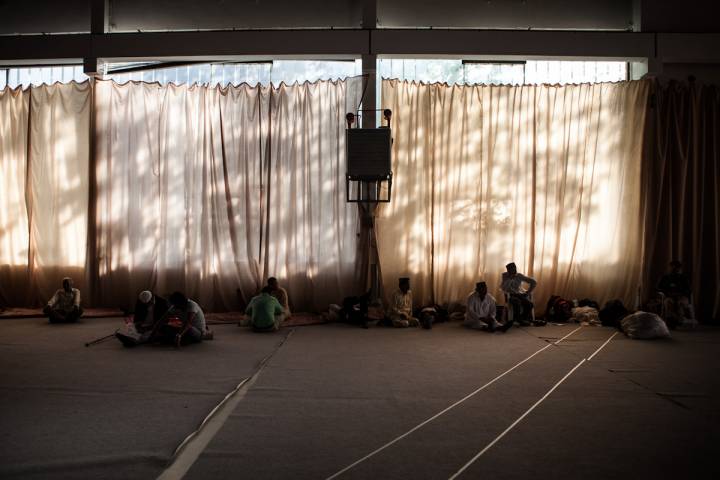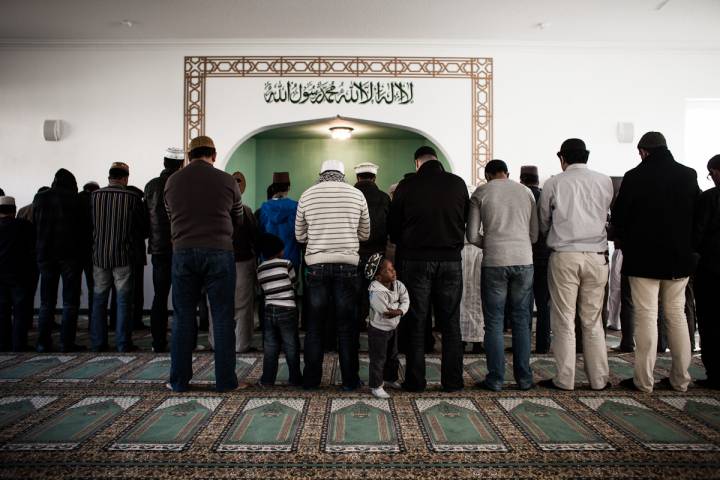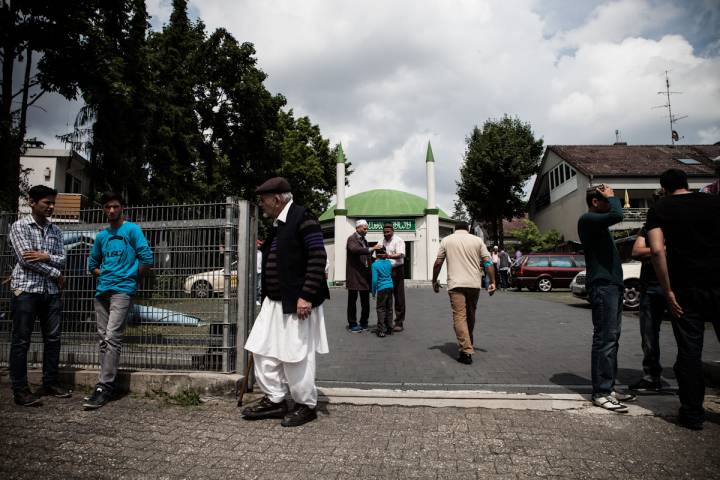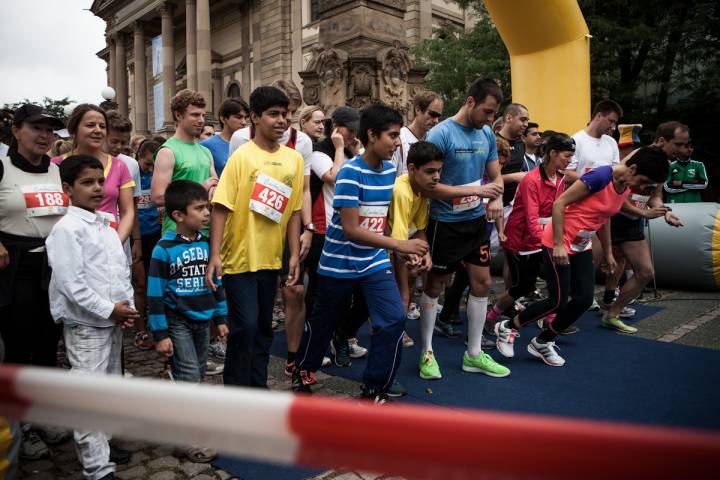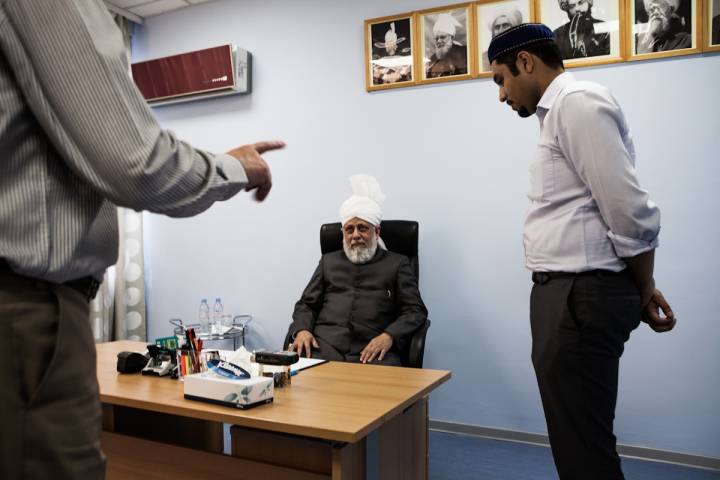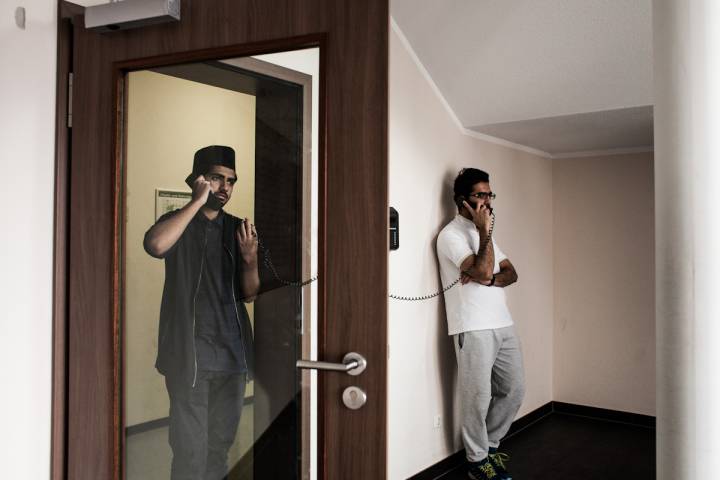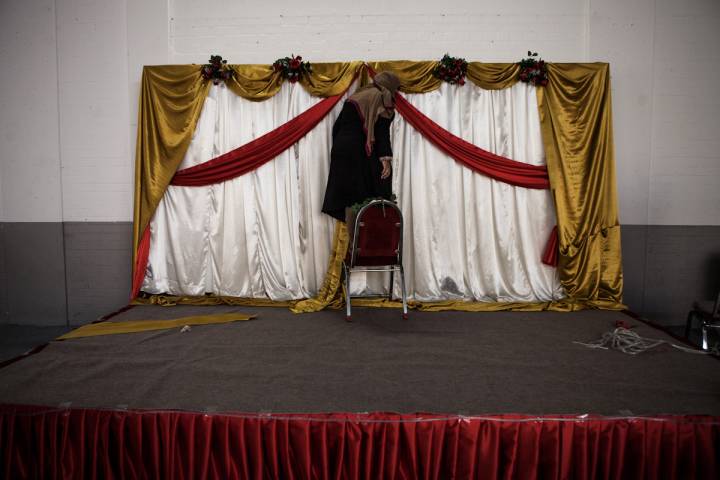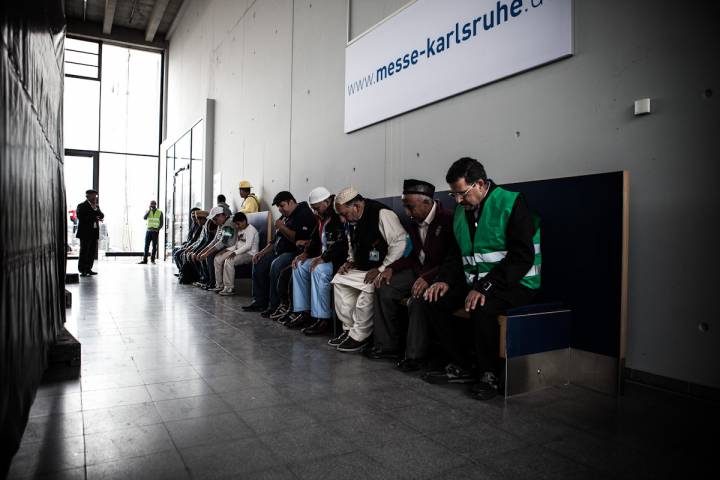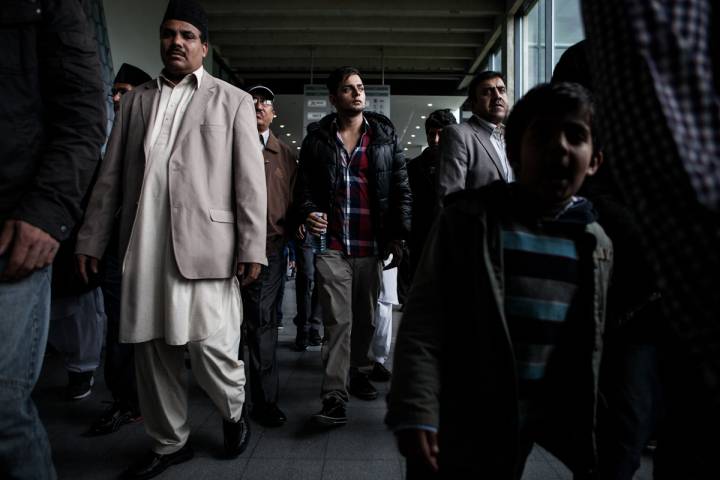Debates on Islam in Germany rarely feature the Ahmadiyya community (AMJ), a reform-oriented movement, but for more than 90 years it has been part of our society. Ahmadis are well-integrated, open-minded, socially-active and law-abiding. In 2013, Ahmadiyya was the first Muslim community to be recognized as a statutory corporation, meaning they are allowed to raise taxes and graveyards. However, the community only appears in the headlines when conservative initiatives want to prevent them constructing a mosque, and to do so equate them with Islamists. Meanwhile, many Muslims on the other side allege that Ahmadis are heretics. In some Muslim countries they face brutal persecution. For my feature, I travelled to several German cities to portray the AMJ and to show that Islam can coexist in symbiosis with German society, belongs to our country and does not pose a danger.

